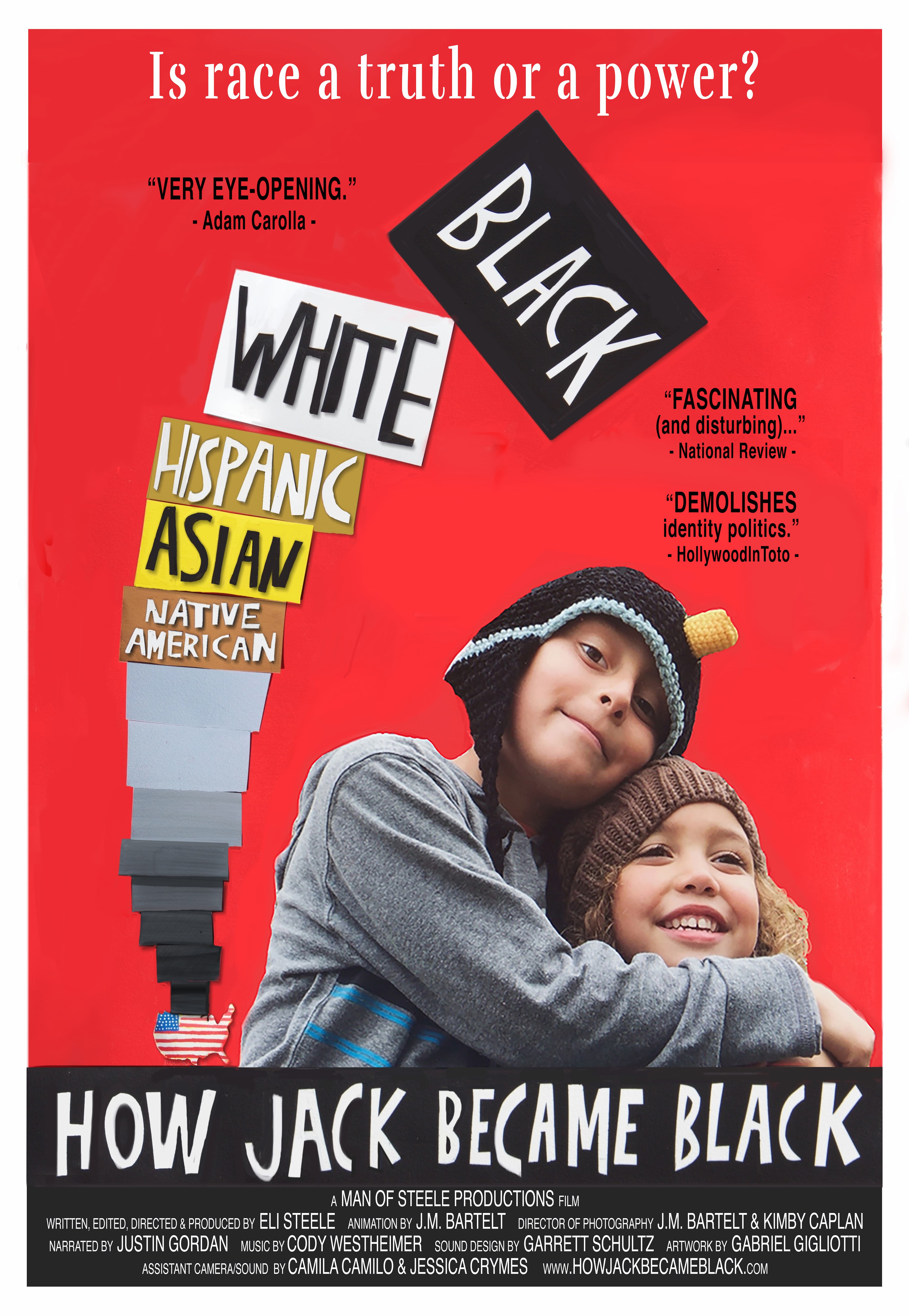Over 1,400 Amazon Prime Reviews Vanish from 'What Killed Michael Brown?' Documentary

WASHINGTON, D.C. – A documentary film challenging prevailing narratives on race in America, "What Killed Michael Brown?", has seen over 1,400 of its Amazon Prime Video reviews disappear, prompting its filmmaker, Eli Steele, to question the platform's commitment to open discourse. The film, co-produced by Steele and his father, Hoover Institution Senior Fellow Shelby Steele, previously held a 4.8-star rating from nearly 1,500 reviews before plummeting to 17 reviews and a 4.5-star rating by last June.
Eli Steele, known on social media as @Hebro_Steele, highlighted the incident, stating, "Its hard-won credibility had been erased." He recounted that Amazon's help desk attributed the loss to a "merger," claiming no recovery was possible. However, Steele expressed skepticism, noting, "didn't the vaunted Amazon Web Services have redundancies that saved backups? Why did some reviews survive, especially the ones before 2023, if the merger supposedly erased the slate?"
The documentary, released in 2020, offers a counter-narrative to the widely accepted "poetic truth" surrounding Michael Brown's death in Ferguson, Missouri. Shelby Steele asserts that the film argues against the notion of systemic racism as the primary driver of issues within the Black community, instead emphasizing individual agency and responsibility. He contends that the widespread focus on victimization serves to "reinforce that victimization as a source of power."
This is not the first time the film has faced challenges on Amazon. The platform initially rejected "What Killed Michael Brown?" in the wake of George Floyd’s death, citing that it "doesn’t meet Prime Video’s content quality expectations." Following a significant public outcry, amplified by outlets like the Wall Street Journal and Fox News, Amazon relented and made the film available, where it quickly rose to the number one spot for documentaries and remained in the top ten for nearly two months.
Eli Steele views the missing reviews as a continuation of efforts to suppress dissenting voices. He stated, "To lose those reviews is to risk losing the chorus of voices that dared to speak, to question, to stand unbowed." The incident underscores ongoing concerns regarding content moderation and the power of major digital platforms to influence public perception and the visibility of independent works.